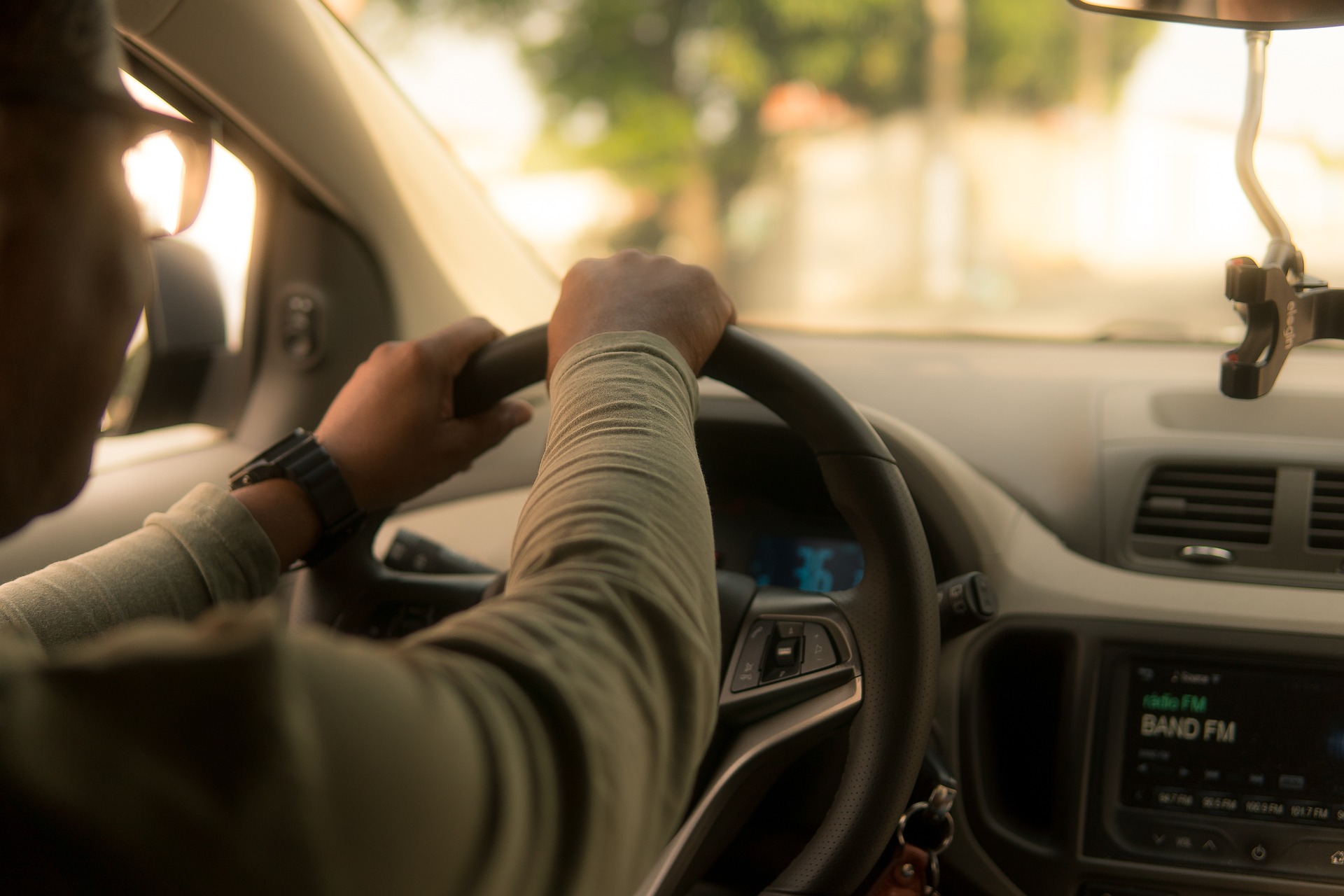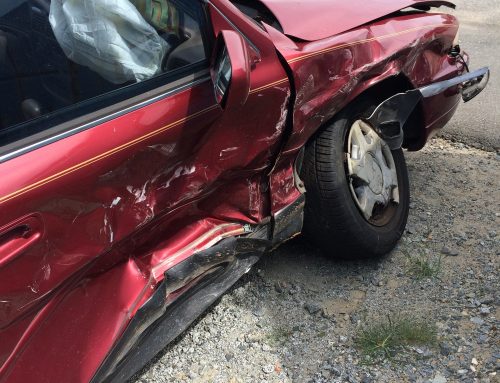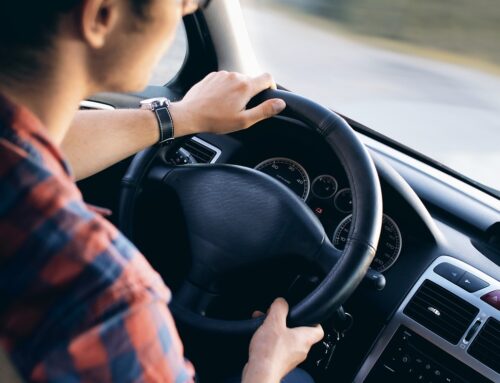The rise in popularity of rideshare apps and food delivery services has created growing confusion among some parts of the population regarding how these companies operate. If you came from a Northeastern city down to Florida, you might suspect that rideshare apps like Uber and Lyft fill a similar role as a traditional taxi cab service. These apps, however, operate in an entirely different manner, which might leave you confused following an automobile accident involving these services that result in an injury. Who is liable if you are in an accident involving one of these rideshare services?

Accident Liability In Florida
Unlike some other states in the union, Florida is a no-fault state, meaning auto accidents that result in car repairs or personal injury are covered by each driver’s individual policy. These protections also apply to passengers in a vehicle should the driver submit a claim. Accidents resulting in serious bodily harm or automobile damage might necessitate more money than your policy provides, in which case plaintiffs can sue a driver who was at fault for the accident.
In these situations, however, Uber and Lyft (the overwhelmingly most used apps) are generally not a party to the claims whatsoever. Instead of running their company with drivers as employees, these apps provide a marketplace for drivers to find clients who need transportation or food delivery. While Uber and Lyft provide some insurance options to drivers, any situation where you are suing for more damages will not involve either of these two companies. The lawsuit will only be between you and another person, either your rideshare driver or another driver who caused the accident.
With all that being said, whether or not your auto accident involved a rideshare driver is unlikely to be relevant to your case. In specific scenarios, it could be argued that the rideshare driver was distracted because of the app, but these arguments will still not involve the rideshare companies directly. A rideshare driver using their car for personal reasons outside of work also defaults to an ordinary, run-of-the-mill automobile accident situation.
As mentioned previously, Uber and Lyft might provide some monetary compensation if you are a passenger in a vehicle and sustain an injury. Uber, for example, provides their drivers with $1,000,000 third-party liability in case of a covered accident. We have also recently discussed the difficulties that Florida drivers can have with uninsured or underinsured drivers on the road. Uber policy on uninsured/underinsured motorist bodily injury coverage insures injuries to drivers and their riders if a covered accident occurs during an Uber trip and another driver is at fault and has no insurance.
Differences Between Rideshare Accidents and Personal Accidents
So, is there a significant difference between accidents that involve rideshare drivers and those that don’t? Rideshare companies might help out with bills to ensure their large number of drivers can continue to drive unobstructed of lawsuits. Still, the same best practices following a standard car accident also apply following a rideshare accident. Gather info, make a record of your medical problems arising from the event, and contact a personal injury lawyer to get their opinion on your case.
Regardless of the parties involved, we can advise you on the best course of action and the likelihood of receiving a settlement because of your injuries. If you have been involved in an accident involving possible Uber, Lyft, or rideshare driver liability, call Probinsky & Cole today.







